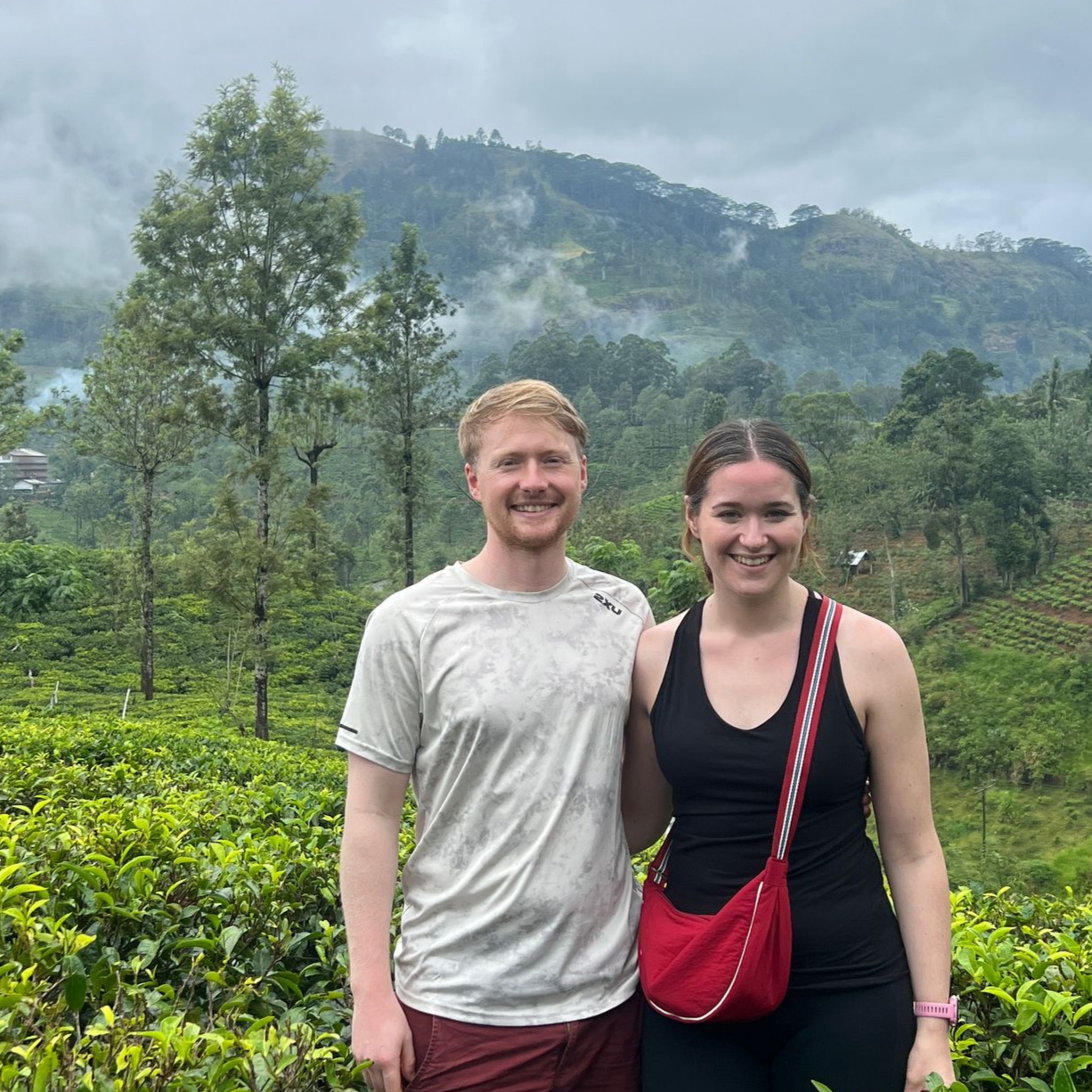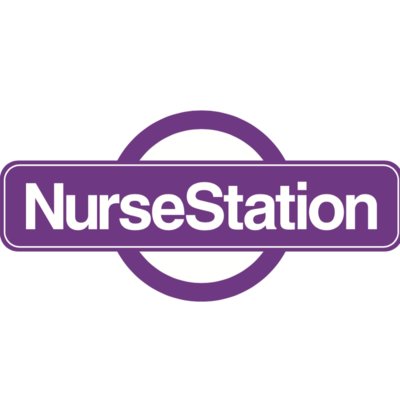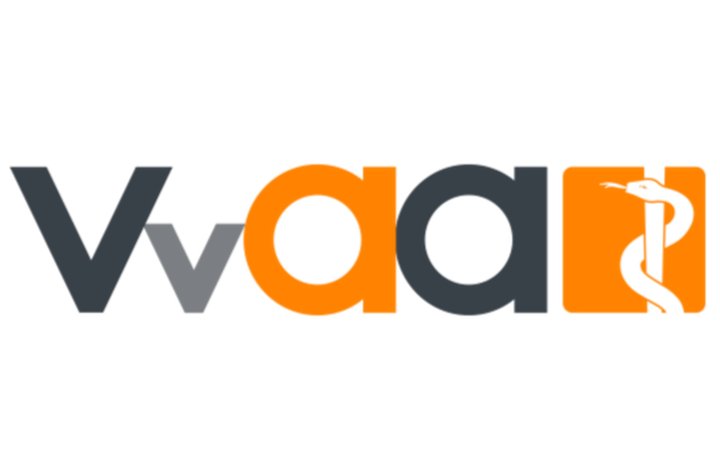Radboud Universiteit Nijmegen 2025

I’ve always loved experiencing different cultures and learning about how people live, think, and work in other parts of the world.
Doing an overseas placement was the perfect opportunity to combine that passion with my medical education. I wanted to step outside the well-equipped, structured healthcare system I’m used to and learn in an environment where adaptability and resourcefulness are essential.
Experiencing a healthcare system with fewer resources first-hand would challenge me to think differently, rely more on clinical judgment, and gain a broader perspective on medicine.
Additionally, I was excited to immerse myself in a new culture. For me, it is not just about becoming a better doctor but also growing as a person.
My first impression of my placement hospital was a mix of admiration and surprise. Compared to the hospitals in my home country, this hospital had limited resources, yet I noticed immediately that the staff did not let this get in the way of their dedication and skill.
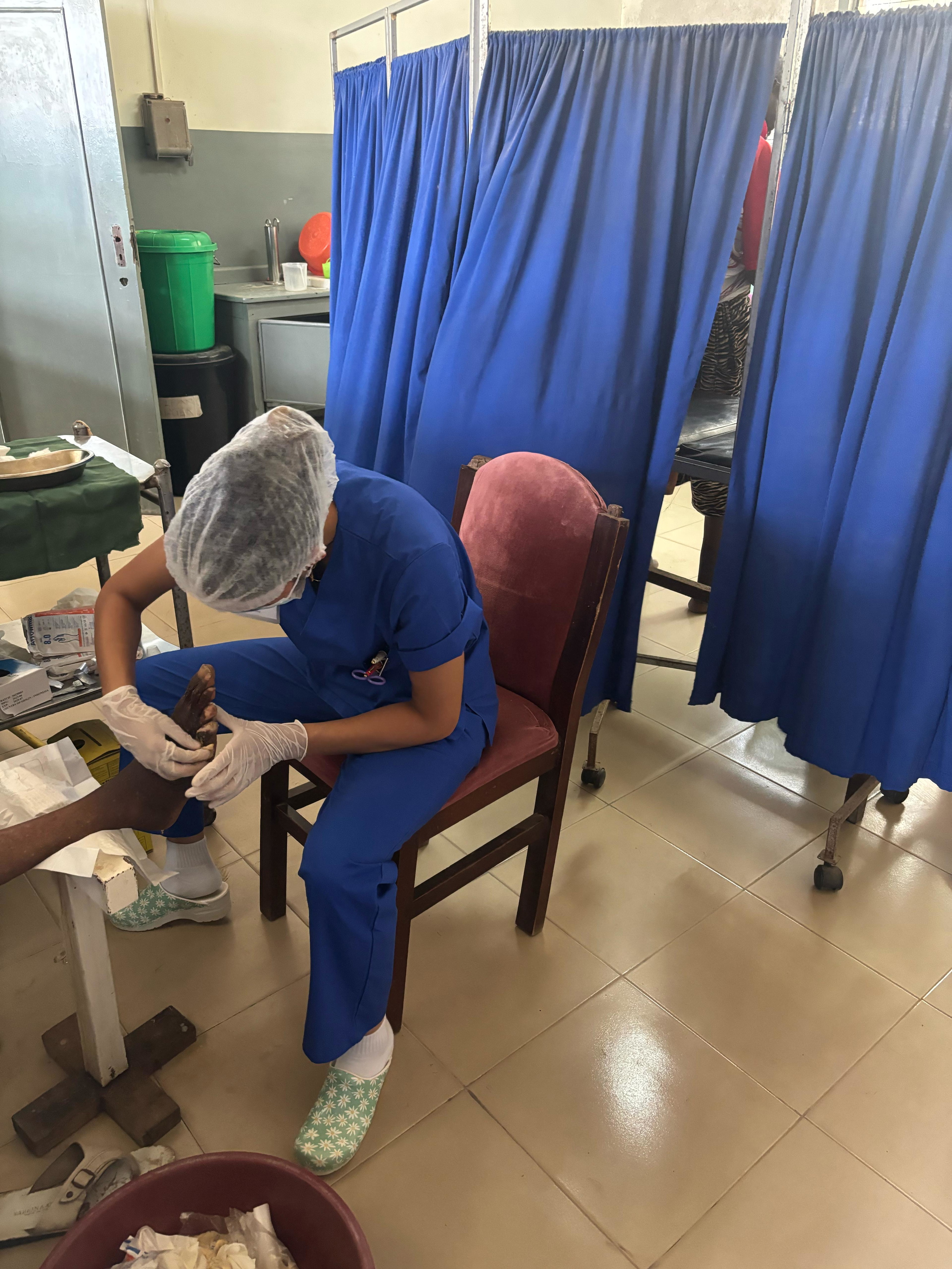 One of the biggest differences for me was the lack of sterilisation. The hospital was visibly less clean than I am used to, focusing on limited access to equipment like disposable gloves, hand sanitiser and sterile equipment. Despite this, it quickly became apparent that the medical staff did their best with the available resources. I quickly realised how much they could achieve with so little.
One of the biggest differences for me was the lack of sterilisation. The hospital was visibly less clean than I am used to, focusing on limited access to equipment like disposable gloves, hand sanitiser and sterile equipment. Despite this, it quickly became apparent that the medical staff did their best with the available resources. I quickly realised how much they could achieve with so little.
Seeing how committed they were to providing the best possible care under challenging and low-resource conditions was inspiring.
Another difference was how healthcare is accessed and funded. In my home country, insurance broadly covers healthcare, ensuring essential treatments are available to everyone, regardless of their financial situation.
In Ghana, however, the ability to receive care often depends on whether a patient can afford it. Many people must pay out of pocket, which can delay or even prevent them from seeking care.
During my placement, I developed many clinical skills and gained valuable hands-on experience. I also improved my cannulation skills, as I had more opportunities to practice and refine my technique.
 I was also allowed to suture a few times, which was an incredible learning experience. I loved this!
I was also allowed to suture a few times, which was an incredible learning experience. I loved this!
Additionally, I performed wound care and was involved in medication preparation. The suturing was my highlight!
I also learned to adapt to a resource-limited environment. It was amazing to see how the staff made the most of what was available, reusing and rationing supplies while maintaining a high standard of care. This taught me to think creatively and work efficiently in situations where resources are scarce.
Overall, this placement challenged me to step outside my comfort zone, sharpen my practical skills, and develop a more flexible problem-solving mindset—lessons I will carry with me throughout my medical career!
One of the most unforgettable moments was witnessing my first C-section. Seeing the procedure up close and then holding the newborn in my hands was an emotional and fantastic experience.
The community days were also incredibly memorable. Going on house visits to see patients in their homes gave me a different perspective on healthcare. It showed me how medical care extends beyond the hospital walls and into people's daily lives, where factors like living conditions, accessibility, and family support play a huge role in health outcomes.
 I also loved chatting with the locals and learning about their culture and daily life in Ghana. The community outreach days reminded me of the importance of learning beyond just clinical skills.
I also loved chatting with the locals and learning about their culture and daily life in Ghana. The community outreach days reminded me of the importance of learning beyond just clinical skills.
The local hospital staff helped me understand traditional medicine's important role in Ghanaian healthcare. I learned that many patients turn to traditional healers and herbal treatments before, during or instead of hospital care.
Rather than dismissing these practices, the medical staff respected patients’ choices and gave them the space to explore traditional remedies while keeping the door open for medical treatment. They didn’t force hospital-based care on anyone but encouraged patients to return if their condition didn’t improve.
During community outreach days, I saw how healthcare workers would check in on patients who had chosen traditional healing over hospital treatment, ensuring they still had access to medical support if needed. This approach was eye-opening because it emphasised trust, respect, and meeting patients where they are, rather than imposing a one-size-fits-all medical model.
It showed me how healthcare can be both patient-centered and culturally sensitive, even when people hold differing beliefs.
The weekends in Ghana were more than amazing. Every weekend, I had the chance to explore different parts of the country.
One of the highlights was a safari trip and seeing the elephants up close — an incredible experience.
Another favorite trip of mine was to the Volta Region, where my housemates and I visited the stunning Wli Waterfall. I will never forget the feeling I had at the foot of the waterfall, feeling the breeze coming from the waterfall on my face. It was surreal.
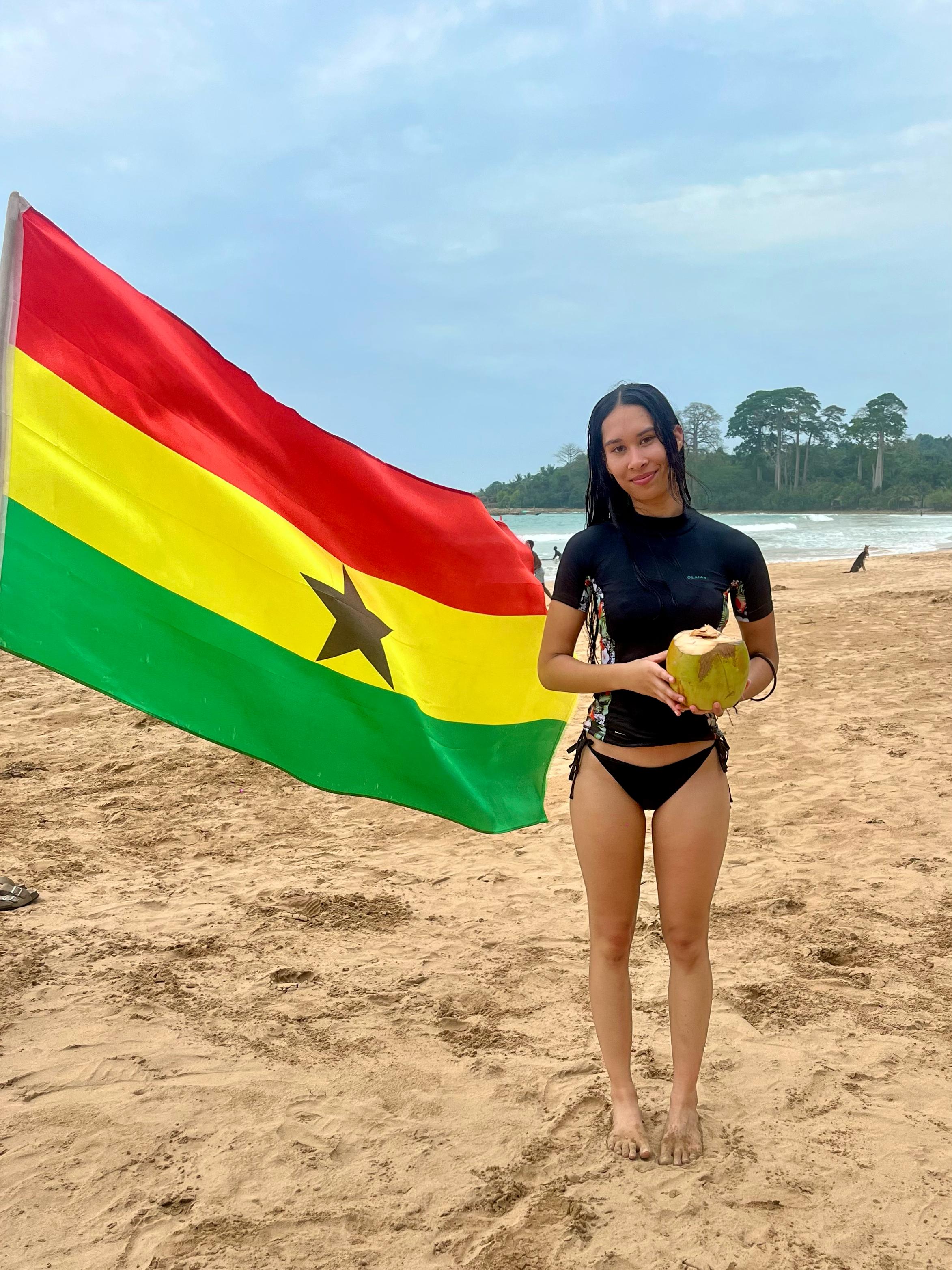 We went swimming in the lake and even got behind the waterfall. Something I will never forget.
We went swimming in the lake and even got behind the waterfall. Something I will never forget.
Evenings and weekends were the perfect balance of relaxation and adventure. My housemates and I explored vibrant local markets, finding stunning fabrics and handcrafted items.
I loved strolling around the markets; the vibe was amazing, and I think I accidentally got addicted to buying fabrics.
The weekends and evenings provided the perfect opportunity to unwind from the chaos of the hospital.
If you’re thinking about undertaking an overseas placement, do it! This experience will challenge you, inspire you, and change how you see medicine.
You’ll gain clinical skills, build confidence, and learn from incredible healthcare professionals who do so much with so little. More than that, you’ll be immersed in a new culture, make lifelong friends, and come away with unforgettable memories.
It’s an opportunity to step outside your comfort zone and grow personally and professionally.
Do it, do it, do it!
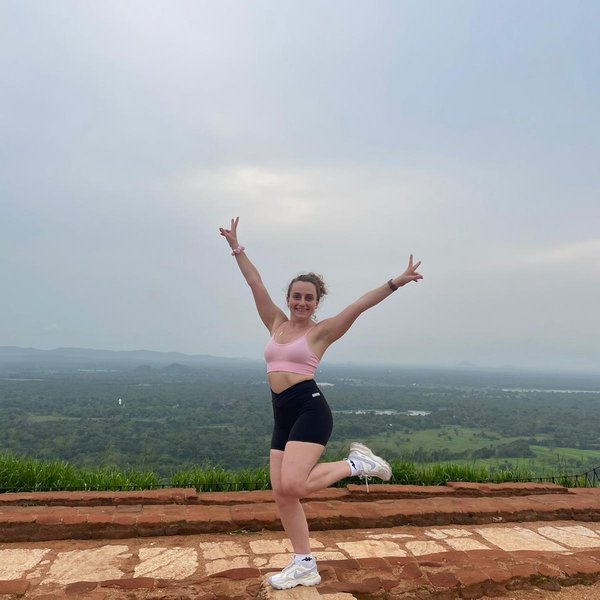
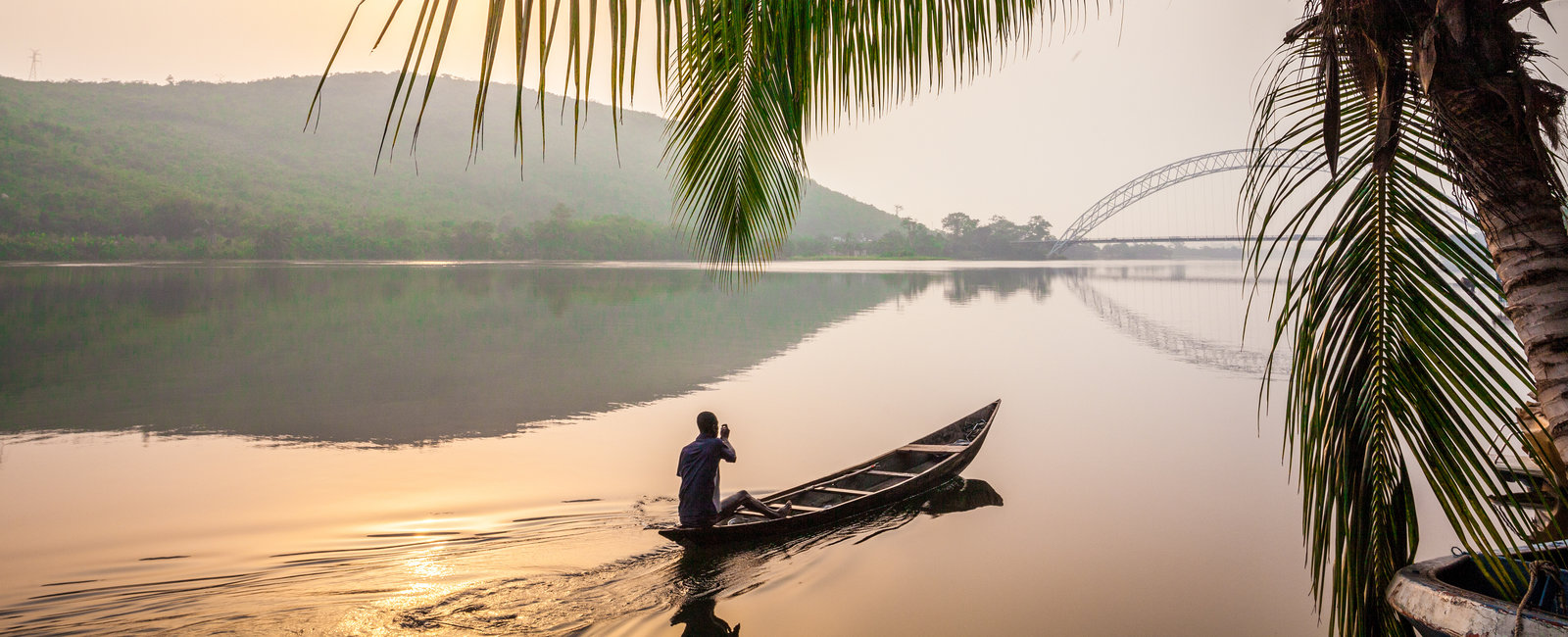
.jpg)
